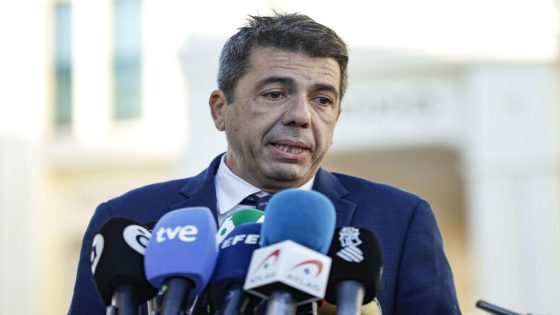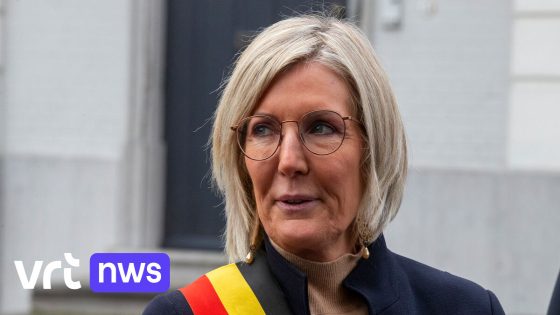A judge in Barcelona is investigating Oriol Puig, the former director of the Meteorological Service of Catalonia, for allegedly benefiting two companies in radar and meteorological station contracts from 2011 to 2019. This inquiry raises questions about transparency and fairness in public procurement processes. How can we ensure accountability in government contracts?
- Investigation of Oriol Puig in Barcelona
- Allegations of favoritism towards ADASA and MVC
- Sharing of privileged information before bids
- Previous sanctions annulled by higher court
- Links to illegal financing case of CDC
- Decline in competition in Meteocat bids
Investigation of Oriol Puig Highlights Public Procurement Issues in Spain
The investigation into Oriol Puig raises critical questions about the integrity of public procurement in Spain. Are government contracts being awarded fairly? The allegations suggest that Puig shared confidential information with companies before bids were made public, potentially skewing the competition. This situation underscores the need for stricter oversight in public contracts.
Details of the Allegations Against the Former Meteocat Director
According to reports, Oriol Puig is accused of facilitating a cartel between ADASA and MVC, two companies that allegedly colluded to manipulate bid outcomes for radar and meteorological station installations. The investigation stems from a 2019 report by the Catalan Anti-Fraud Office, which highlighted irregularities in the bidding process.
Key Points of the Investigation into Oriol Puig
The investigation reveals several alarming practices that could undermine public trust:
- Sharing of insider information with specific companies.
- Collusion between ADASA and MVC to alter bidding outcomes.
- Previous sanctions imposed by the Catalan Competition Authority.
- Potential legal implications tied to illegal financing in Catalonia.
Impact on Public Trust and Future Contracts
The allegations against Puig could significantly impact public trust in government contracts. If proven true, they highlight the urgent need for reforms in how public procurement is managed. Ensuring fair competition is essential for maintaining integrity in government dealings.
Broader Implications for Spain and Beyond
This case serves as a reminder of the importance of transparency in public contracts, not just in Spain but globally. As governments seek to rebuild trust with citizens, addressing corruption and ensuring fair practices in procurement will be vital. How can other nations learn from this situation to improve their own systems?
































![Will Avalanche [AVAX] Plunge Further? Bears Set Sights on $14.5 Support!](https://news.faharas.net/wp-content/uploads/2025/03/Will-Avalanche-AVAX-Plunge-Further-Bears-Set-Sights-on-145.webp.webp)
